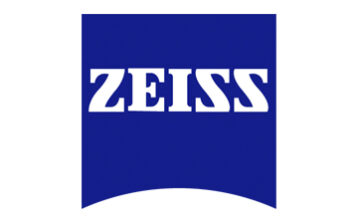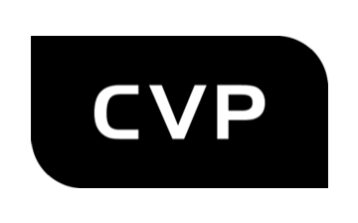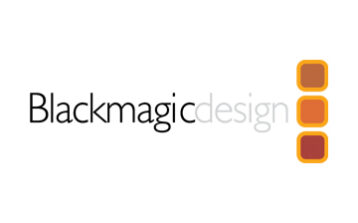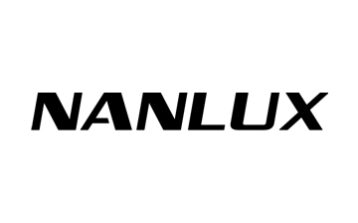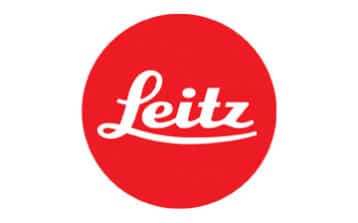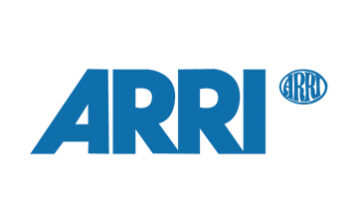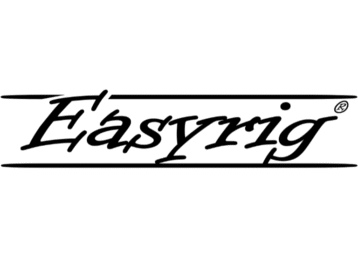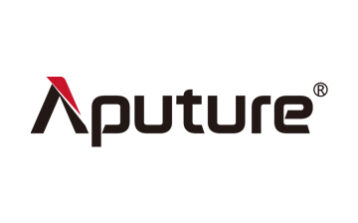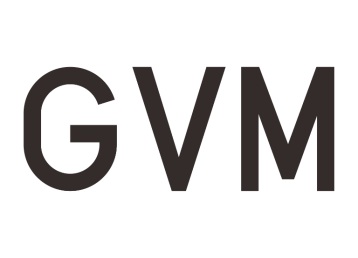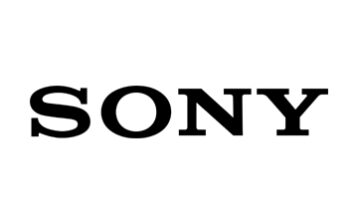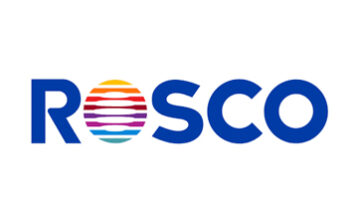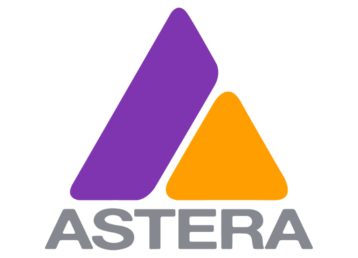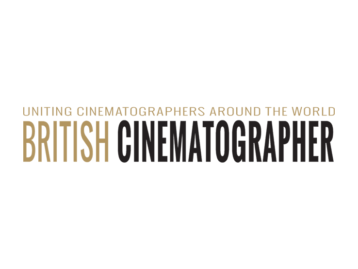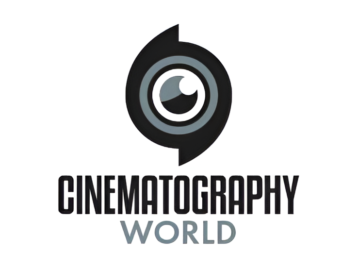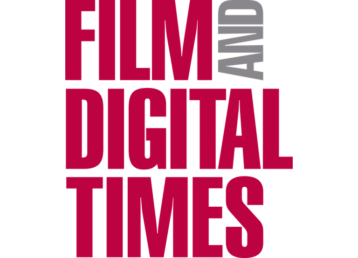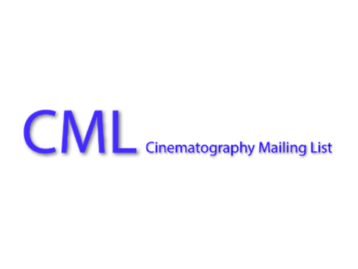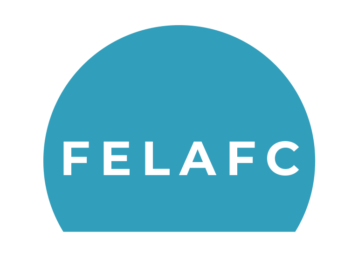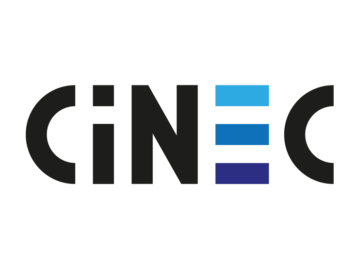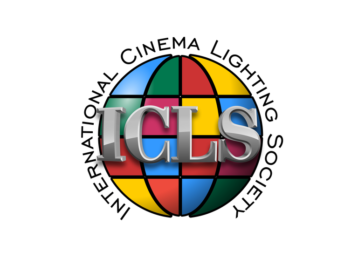The IMAGO Authorship Committee participated in the Fest Film Law Conference, that took place at Espignho Portugal on April 30 and May 1, 2022.
Attending were Dr. Cristina Busch and Argyris Theos GSC, who reported the following:
IMAGO AUTHORSHIP COMMITTEE
Report on FILM FEST LAW, April 30 – May 1, 2022
Film Fest Law is a conference held in Portugal for some years now. Due to the pandemic, it has been cancelled for the last two years, though.
Day 1 :
The session opened with a discussion on options rights and hold rights.
These refer to script writing, so they were not of immediate interest to us.
However, from the first session it was clear that the main speakers would try to impose the Anglo-Saxon model over the EU model on Authorship. This led both Cristina and me to often question some of what was being heard. (Protection of moral rights, film heritage, 11 European Directives, useless effort? … )
What was of interest here was that the model of German bargaining positions of authors and performers has been imposed in last European Directive. For example, the rights return to the author for additional exploitation at 10 years from the production. This right reversion mechanism could be useful for us. The same refers to the right of authors to increase their remuneration in some cases where it is disproportionally low.
Another interesting thing is that in both Anglo-Saxon and German contracts, options are being executed on day 1 of principal photography. This sets principal photography as a de facto milestone.
The discussion oved on to international funding, with focus on commissioning vs. co-producing and the legal consequences of each option.
The second session was about music. Again, it is of interest to us, because (as quoted by a speaker) whatever happens in the music industry, happens again in the film industry, at a 10-year delay.
Day 2 :
The subject of budgeting, including rights, was brought up, according to the German model. It is of interest that the Germans keep the local exploitation independent of international exploitation. This refers to authors’ rights too.
We were happy to hear that both Netflix and Amazon are happy to geoblock. This means that any authors’ rights involved, can be attributed to the creators, according to the local legislation.
The speakers reported a possibility that the telecommunications providers might, in the end, try to prevail over other distribution channels. Such new players will be “unknown territory”, perhaps willing to negotiate and respect authorship, perhaps not.
The next session focused on NTF’s , i.e. selling art through blockchain technology (blockchain ≡ the technology behind crypto currency).
It has been a most interesting session, given the fact that NFT’s are getting more and more attention. They might explode within a few years.
What was of interest to us, was that all NFT’s include contracts (written in code). It might be possible that in the future our contracts will be signed and validated via NFT’s.
Otherwise, no viable exploitation model for NFT film distribution was presented.
Barcelona and Athens
May 4, 2022
Dr. Cristina Busch
Argyris Theos GSC

